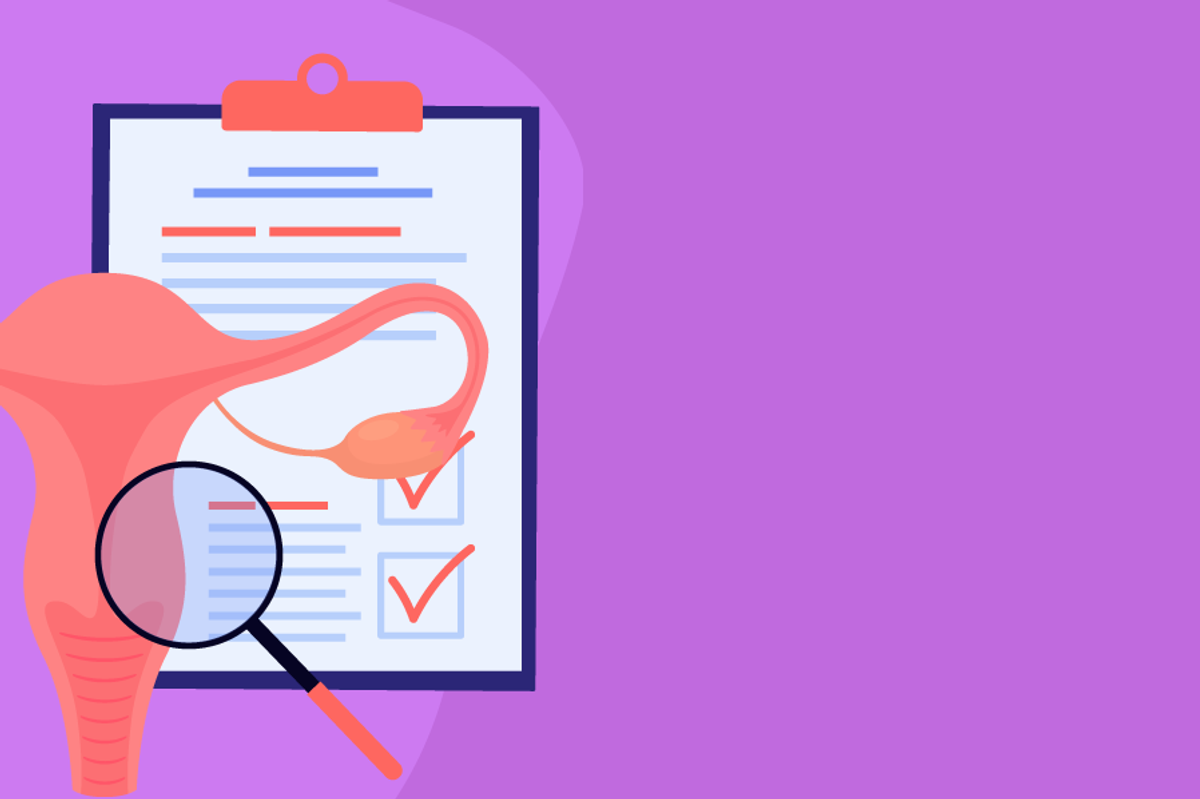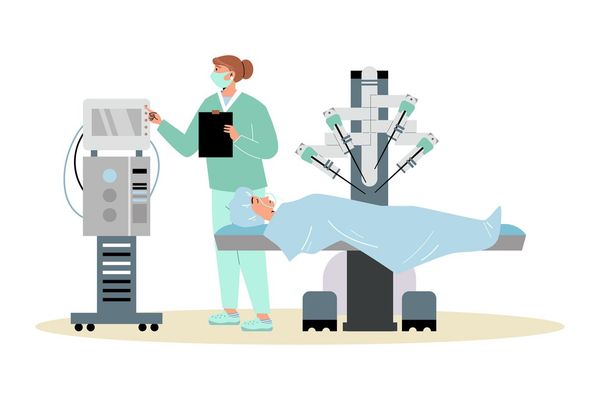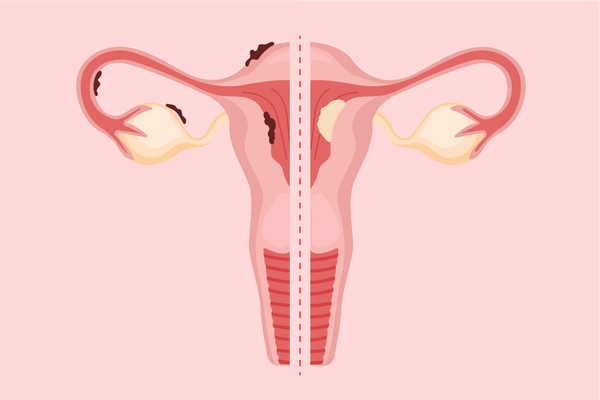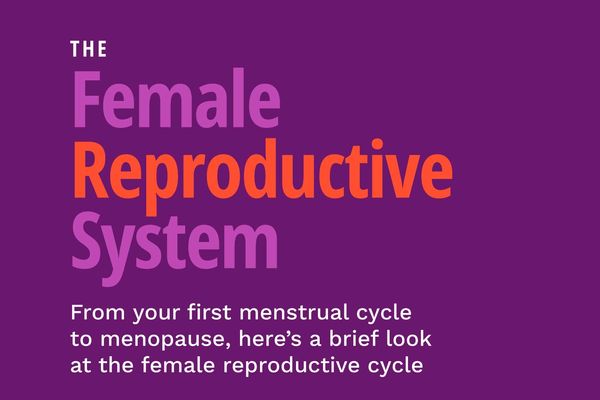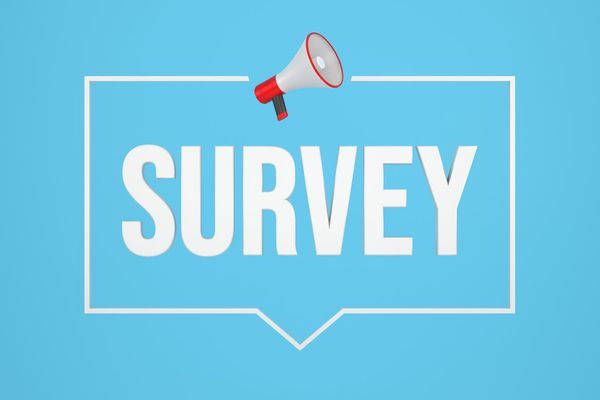Getting a diagnosis for a uterine condition can be frustrating and take some time. But if you understand your options and play an active role in decision-making with your healthcare provider, you’re likely to be more satisfied with the outcome.
Here are 6 expert tips on how you can advocate for yourself — and get the right diagnosis as fast as possible.
- Share your symptoms and how you’ve been managing them on your own or with a healthcare provider (HCP). Be sure to include how long you’ve been dealing with symptoms and how long it took to get a diagnosis (if you’ve had one).
- Express the emotional toll your uterine symptoms have caused.
- Discuss your personal goals for treatment. This includes quality of life and personal values.
- Let your HCP know your fertility goals.
- Share any information you’ve researched and any medical records or tests you’ve taken that may help your HCP understand what you’ve already experienced and tried before.
- If possible, bring a support person with you to listen and take notes to help you remember what was discussed and plan your next steps.
It can be hard to talk about parts of our bodies society calls “private” — even more so if your feet are in stirrups — but know that HCPs are used to discussing these topics. And they want women to speak up and be partners in decision-making.
Effective self-advocacy + shared decision-making = better outcomes.
This resource was created with support from Sumitomo Pharma.
From Your Site Articles
- Managing Uterine Health Conditions at Work ›
- Clinically Speaking: What Are My Options Following a Uterine Fibroid Diagnosis? ›
- Q&A: A Patient’s Perspective on Experiencing Uterine Health Conditions ›
- Q&A: A Healthcare Provider’s Perspective on Diagnosing Uterine Conditions ›
Related Articles Around the Web

